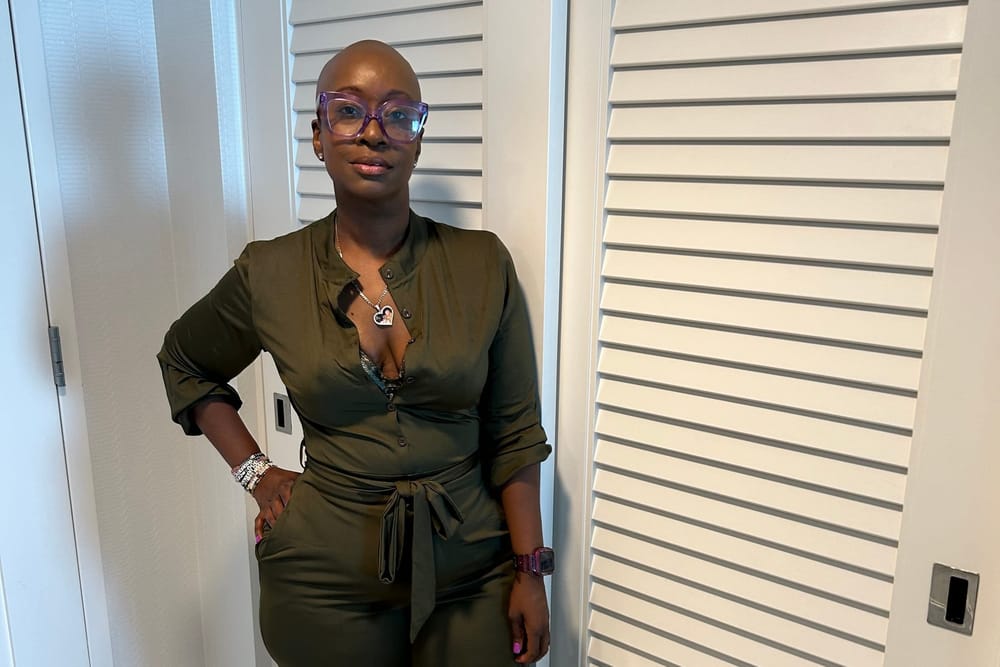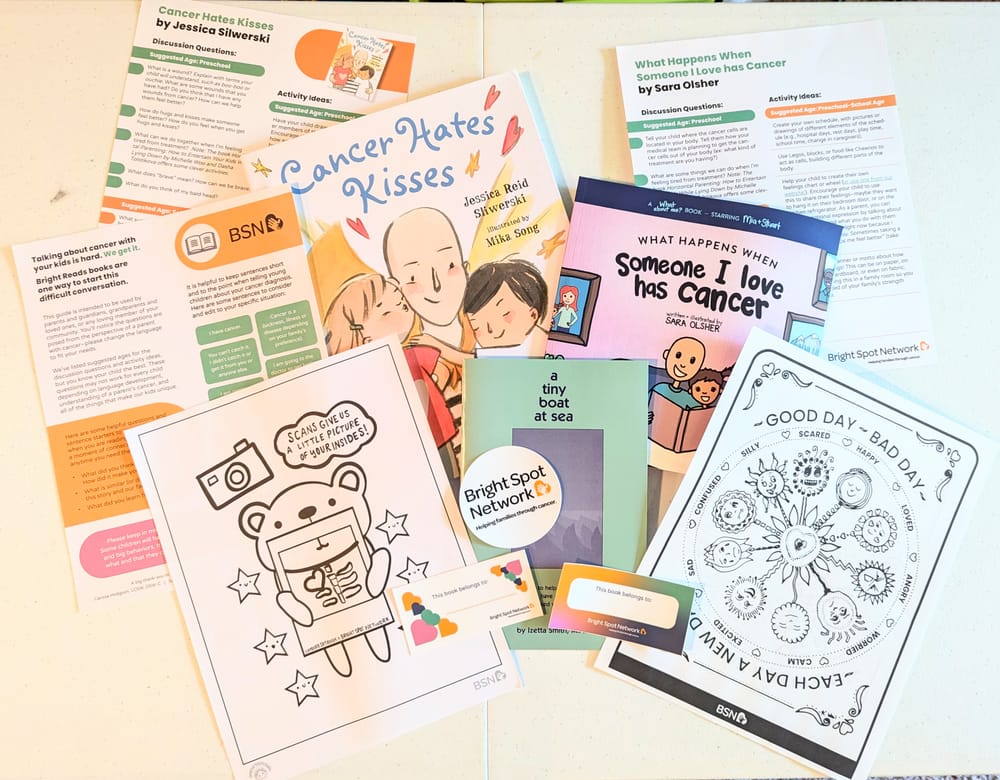Written By Bernice Mason
When I was diagnosed with breast cancer, understanding medical insurance helped me solve problems in getting care and focus on healing. After I finished my treatments, I made a promise to God to devote my time, energy, and compassion to serving others in the community.
I kept my promise by starting an outreach organization in honor of my mother called Sista’s Daughters Inc. Sista’s Daughters Inc. provides community health fairs, food distributions, and educational resources to people affected by cancer in Philadelphia. It also allows me to use my 20+ years of experience in medical insurance to help people understand their policies and advocate for the care they deserve.
Here are some of my most sought after tips to better navigate healthcare after a diagnosis:
How to have effective doctor appointments
- DO YOUR RESEARCH
- Use trusted medical sites to research information about your diagnosis, possible treatments and potential side effects.
- Prepare your questions before your appointment.
- TAKE NOTES
- Use a note-taking app on your phone or bring a pencil and notebook to keep track of important details.
- You can also ask for permission to record the conversation.
- BRING A FRIEND
- Invite a friend or family member to the appointment to serve as a second set of ears. They can also help you think of additional questions.
- SPEAK UP
- Don’t be afraid to ask questions. Ask your doctor to explain medical terms in plain language.
- KEEP IN TOUCH
- Ask about the best way to contact your doctor outside of appointments.
Here are some questions to ask about your doctor about your diagnosis:
- What is my diagnosis (the identification of the disease) and prognosis (a prediction of how the disease will affect you)?
- What is the recommended treatment plan and why?
- How long will I be in treatment?
- What kind of side effects should I expect from treatment?
- How might the treatments affect my quality of life?
- What happens after treatment is completed?
- What happens if I cannot tolerate the treatments?
- Will I need to take medications after the initial treatments are complete?
- How often will I need to see the oncologist or specialists?
- Is there a professional support partner I can speak with during my journey?
- How do I prepare my family for cancer treatment?
- What support services (support groups, nutritionist, therapy, social worker, nurse navigator, etc.) do you offer?
- Who can I talk to if I’m having trouble getting to appointments or covering the costs of care?
Voicing your concerns with your doctor
Your concerns, questions or comments should never be overlooked. However, if that happens, here’s some tips to address it:
- Let your doctor know you feel misunderstood or that your concerns weren't completely addressed.
- Repeat back your understanding to the doctor and ask for clarification on anything you may have misunderstood.
- Ask if there’s someone like a nurse, nurse navigator or patient advocate who can better assist you.
- Consider seeking a second opinion with a different doctor.
What to know about your health insurance policy
Best case scenario, you want to have comprehensive medical insurance, also called major medical insurance. Comprehensive health insurance covers a broad range of services like doctor visits, hospitalization, and emergency room visits.
Here are some questions to ask about your health insurance policy:
- Are there coverage limitations for my policy? If so, what are they?
- Will my insurance plan cover the costs of specialists, hospital procedures, surgeries and outpatient treatments?
- Does my insurance cover all types of chemotherapy, including experimental and prescription medications? Also known as investigational drugs, according to the National Cancer Institute, an experimental drug is a drug that has been tested in the lab and with animals and approved for human testing from the FDA. But, the drug can’t be advertised, sold, or prescribed yet.
- What is the maximum out-of-pocket expense, the most you pay during a policy period (usually a year) before your health insurance or plan begins to pay 100% of the allowed amount?
- Is there a waiting period before certain procedures or treatments are covered?
- Can I choose my own doctors and hospitals, or do I have to use providers within a specific network?
- How are claims, a request for a benefit, processed and paid? Will I need to pay upfront and submit for reimbursement, or will the provider bill my insurance directly?
- If I need in-home care such as nurses, aides or therapists will it be covered?
- Does my plan cover transportation to and from hospital treatments?
- Will I need to obtain referrals and pre-authorizations for services provided?
- If chemotherapy weakens me, does my insurance cover walking aides like crutches or leg braces?
- Are compressions pumps and sleeves for lymphedema covered?
- If there is hair loss, does my plan cover wigs? If so, how often?
- Will this diagnosis increase my premiums?
- If I receive denials for services, what is my next step?
Tips for talking to insurance representatives
KNOW NAMES
- When speaking to a representative from your insurance company, make sure you get their first name, the first initial of their last name and the name of their department, which is usually member services.
KEEP TRACK
- Make sure you keep a list of everyone you speak to, including the date and time you spoke to the representative.
- Always ask for a call reference number. This number will help the insurance company pull up a record of your previous calls.
BE PREPARED
Make sure to get all the details you can from your doctor to have handy when you reach out to member services. Some key things to ask for are:
- CPT® codes, also known as Current Procedural Terminology codes. The CPT terms and code numbers are like the go-to language in the medical field. They're used to report procedures, process claims, do research, check healthcare use, and create medical guidelines and other healthcare documents.
- ICD-10-CM codes, also known as International Classification of Diseases, Tenth Revision, Clinical Modification codes. ICD-10-CM is like a standardized system for coding diseases and medical conditions data. Healthcare providers rely on ICD-10-CM codes for diagnosing patients.
- They might also need the doctor's name and their NPI number, also known as National Provider Identifier, a 10-digit number that's unique to the provider.
Have your questions written down so you are prepared and ready for the answers. If the representative seems hesitant or not confident in their responses, ask to speak to a supervisor.
Hope for the healed and the healers
If you’ve been diagnosed with cancer, I encourage you to stay focused on what matters. Take time to heal and reflect on everything you’ve gone through. Create a vision for the rest of your life and think about if you’d like to help others affected by cancer in the future.
To caregivers, know that you are irreplaceable. Continue to provide an environment of care, compassion, and concern for your loved ones. There are not enough words to express gratitude for all the comforts you provide. You are appreciated.
Sista’s Daughters is one of many great organizations supporting people affected by cancer in the Philadelphia area. For more great resources check out:
- Fox Chase Cancer Center
- American Cancer Society
- Women of Faith and Hope
- African American Breast Cancer Alliance
- Mary’s Place by the Sea
We want your feedback!
Did you learn something helpful or find a new resource? Tell us how we're doing by completing a short 5-question survey and get the chance to win a $25 Amazon gift card.
Take the Survey







